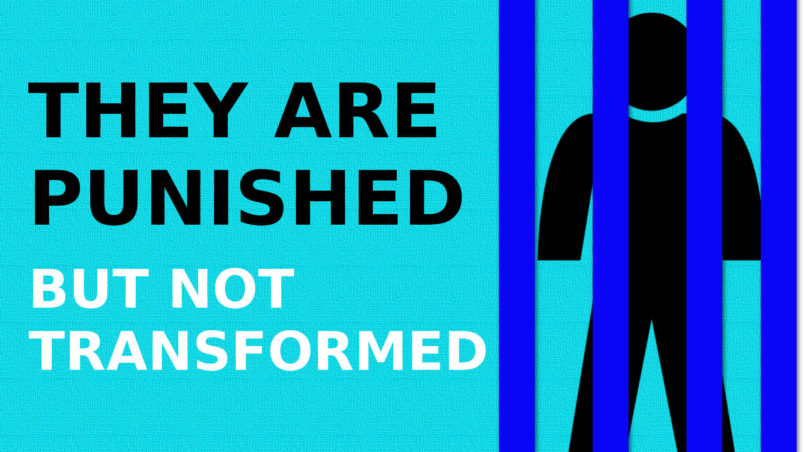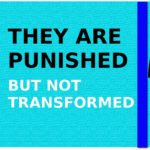The Prisoner Rehabilitation and Reintegration Initiatives of Antarkranti Program

My understanding of the various issues regarding prisoners started to widen as I decided to keep in touch with the volunteers of Divya Jyoti Jagrati Sansthan (DJJS) involved in the Antarkranti Program. I started to read articles and attend seminars and conferences on prisoner reformation and rehabilitation. My understanding of such issues not only started to become more lucid but also my perspective started to change gradually.
I never thought I would engage in interactive sessions with prisoners in my life. I never thought I would want to go inside prison premises and try to build an understanding of life behind bars. Such interactions often require that we keep an open mind while working towards the primary goal i.e., trying to reinvigorate the faith of the incarcerated population in the almighty, humanity and on the law of the land.
Being aware of these issues that trouble the incarcerated population’s mental health as well as their chance to lead a normal and dignified life post release, DJJS has managed to create opportunities for vocational training as well as a well-structured rehabilitation program to assist prisoners post release.
Antarkranti has established vocational training centers inside the prison premises, where prisoners are being trained in various vocations. At first, the interested prisoners undergo a psychological test and then skill mapping is done, based on which needy prisoners are provided with a series of training sessions. After the training is over, the prisoners are employed in an identified trade. It can be said that Antarkranti is developing the employable skills of the incarcerated population as well as enhancing their employability options.
The prisoners have become well trained in making herbal face packs, herbal gulal (colors used in the festival of Holi), herbal hair conditioning packs, designer Rakhi (wrist band tied by sisters on their brothers’ wrists during the festival of Rakhi in India), paper bags, and aromatic products.
Moreover, the products manufactured inside the prison are of a very high quality. They not only meet the market trend but also have been able to achieve a distinctive brand identity. The organization has worked really hard to establish links with various stakeholders to market the products and highlight the issues related to prisoners’ reformation and rehabilitation.
Another interesting intervention of the program is the “Vedic Food Project”, where training is given to the female prisoners in food and catering services. The organization has collaborated with Hotel Management Institutes to provide such training to prisoners in order to enable them to live an independent life by earning their own living post release.
Antarkranti believes that all efforts at reforming the prisoners and providing them with vocational training would go to waste if the prisoners were not provided with an opportunity to live a dignified life along with the ability to sustain themselves economically post release through well-structured rehabilitation facilities. Thus, Antarkranti provides a host of facilities to prisoners post release, to rehabilitate and reintegrate them into their families and society at large.
Antarkranti has developed application forms which can be filled in by prisoners or their families in need and they can request basic support, such as financial aid for ailing family members of the prisoners, sponsorship of the education of prisoners’ children, etc. I was told by the volunteers that many prisoners also completed their education post release by availing themselves of the sponsorship opportunity provided by Antarkranti.
Antarkranti has been assiduously working to garner support and encourage a coordinated and concerted effort between government, corporates and civil society to resolve issues relating to the reformation and rehabilitation of prisoners.
My chance meeting with the volunteers of the organization at an event turned out to be an eye opening experience; my perspectives have changed considerably and I believe that such reformation and rehabilitation programs should be an integral part of every prison all across the world. Crime cannot be contained only by putting the criminals behind bars and we can all try to stop hating the criminals and rather assist them in choosing the path of righteousness and goodness.
It is rightly said that “Hate the crime, not the criminals”.
Credits
| Image | Title | Author | License |
|---|---|---|---|
 |
antarkranti | Patryk Kopaczynski | CC BY-SA 4.0 |
